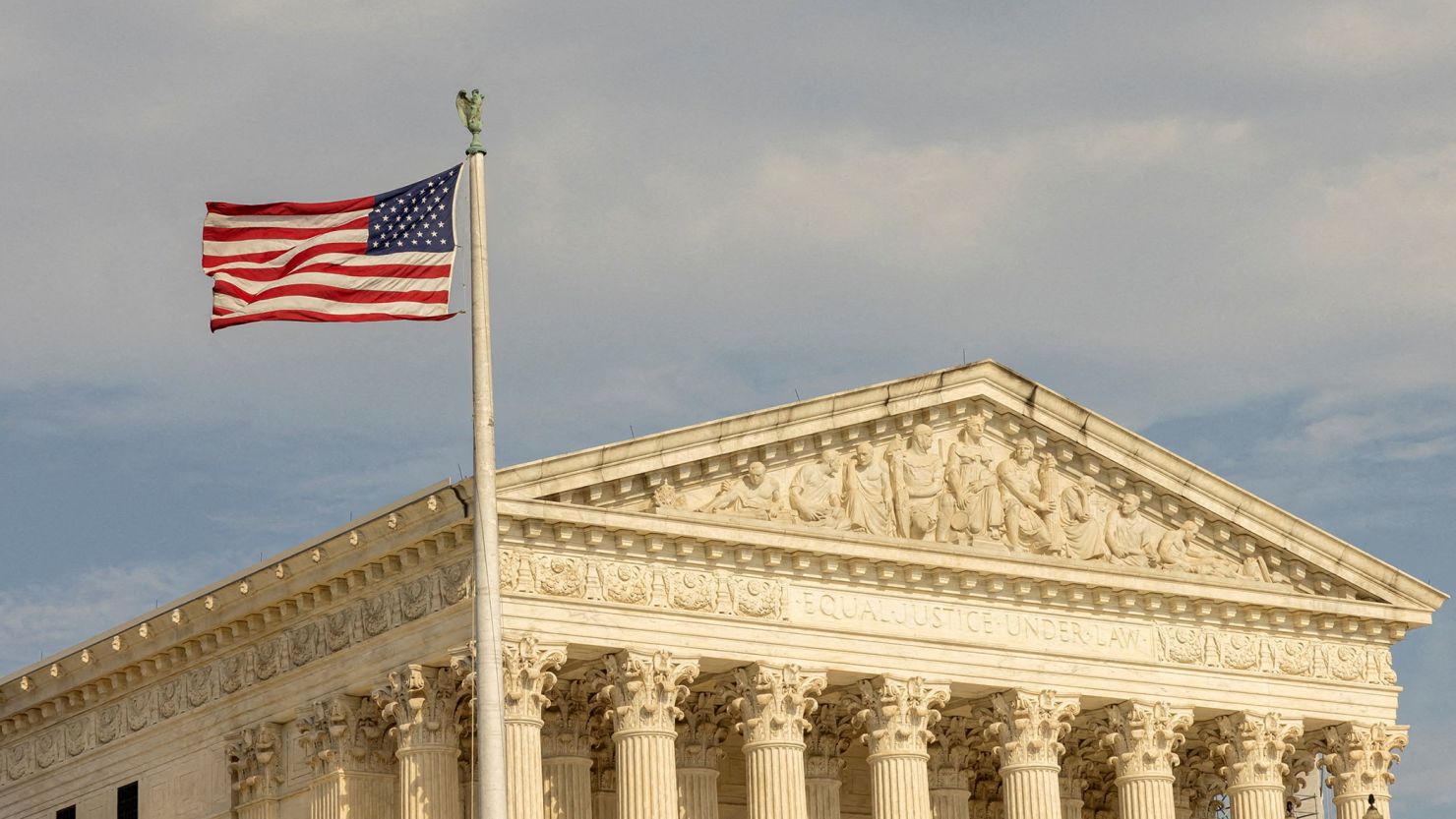For just a moment, believe in miracles. Imagine something spectacular and inexplicable, like the angels visiting you or God communicating with you. Would you change? And how long would you sustain that sense of awe and abiding faith? Human nature is that our appreciation is short-lived and our conviction is fleeting. We are all holy cynics. The challenge is how to activate that cynicism to create a better life and a better world.
In the Torah’s parshat Vayetze, Jacob encounters angels who ascend and descend a ladder. God then promises to be with Jacob, protecting him and providing him with myriad descendants. Jacob’s response was a “conditional yes.” If God keeps those promises, Jacob agrees to be a faithful follower. Some might label Jacob a cynic. I believe that his skepticism is as holy as his sense of awe.
Faithful Cynics as Spiritual Leaders
The greatest of Jewish leaders, prophets, and rabbis have challenged God’s providence. Abraham confronted God over plans to destroy Sodom and Gomorrah. Moses debated God’s plans to wipe out the Israelites after the Golden Calf apostasy. Job challenged God’s justice, daring to demand that God answer for Job’s misery. Each had enjoyed miracles, and all had suffered the vicissitudes of life. Along with their faith came healthy, holy skepticism.
The sages of the Talmud wrote: “Ain somkhin al ha-nes”: Do not rely on miracles. (Pesachim 64b) Without conviction in Divine intervention, how do we understand faith? The Hasidic master, Rebbe Nachman of Bratslav, said that genuinefaith comes from confronting confusion and uncertainty. Faith abides through sacred doubt.
Despite the challenges of living and while God is seemingly quiet in modern times, people still crave Divine authority. We still hope for miracles, whether buying a lottery ticket or finding the perfect parking spot. The goal is to find a balance between faith and skepticism.
Belief in God is not about blind faith. Judaism recognizes doubt or cynicism as a step toward deeper truth and humility rather than mere rebellion.
Perhaps holy cynicism has bled over into our relationship with all persons of authority. While principled challenges to government are holy, citizens often resort to unfounded criticism of our institutions and leaders. In effect, faith in democracy’s blessings has been supplanted by unholy cynicism. Ultimately, the focus of discourse has shifted to critically challenging institutions, rituals, or societal norms out of distrust and nihilism. The holy pursuits of love, justice, and truth have been replaced with anger, narcissism, and lies.
Conditional or Bargaining Faith among Believers
I am not disconcerted by Jacob’s conditional faith. Jacob knew that God’s promises are not guarantees of a charmed life. Conditional faith is the hallmark of a relationship with a hidden God and the necessary engagement with the Divine.
Distinguishing Holy Cynics from Destructive Cynics
Holy cynicism differs from destructive cynicism in that it does not resign itself to pessimism or disengagement. Instead, it seeks virtue, authenticity, and transformation; even when that means challenging, doubting, or refusing easy answers. Such cynicism demonstrates an active, honest, and sometimes conditional engagement with power, rather than a passive or hostile rejection of faith altogether.
Conditional engagement, critical questioning, and holy skepticism can be important ways of maintaining a real, living relationship with God, much like Jacob’s conditional acceptance. The implications for our modern times are profound. We might learn to focus less on perfect faith and more on courageous, honest relationships. This category of faith makes room for realism, wrestling, and growth when certainty is elusive. With holy cynicism, we are open to miracles while prepared to accept the responsibility of creating a better world.
Rabbi Evan J. Krame
If this reflection resonates with you, consider sharing it on social media—or simply take a moment to reflect on how you can create a better community.





